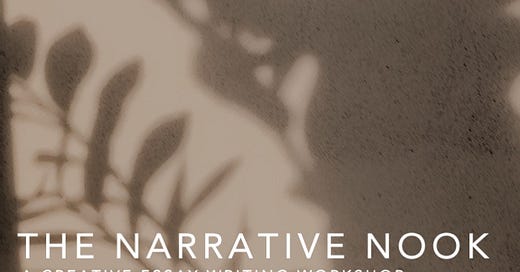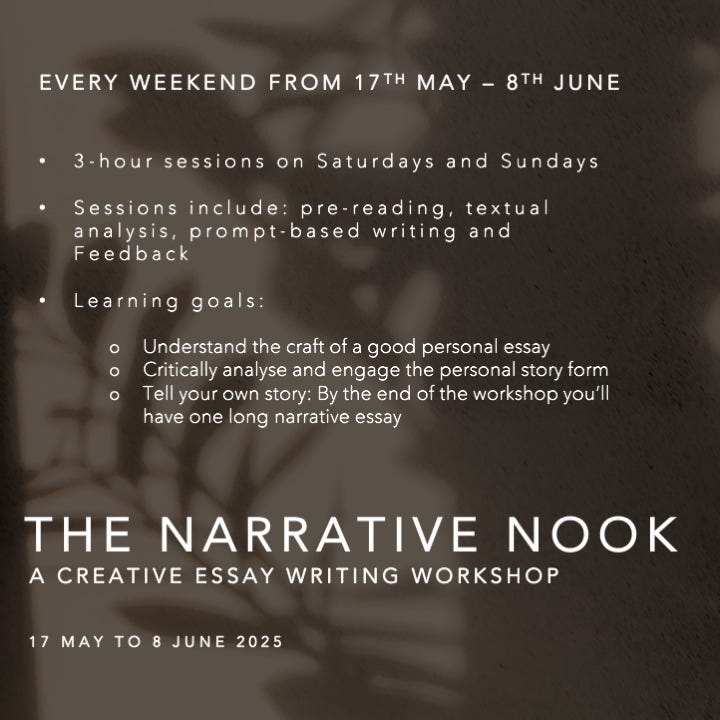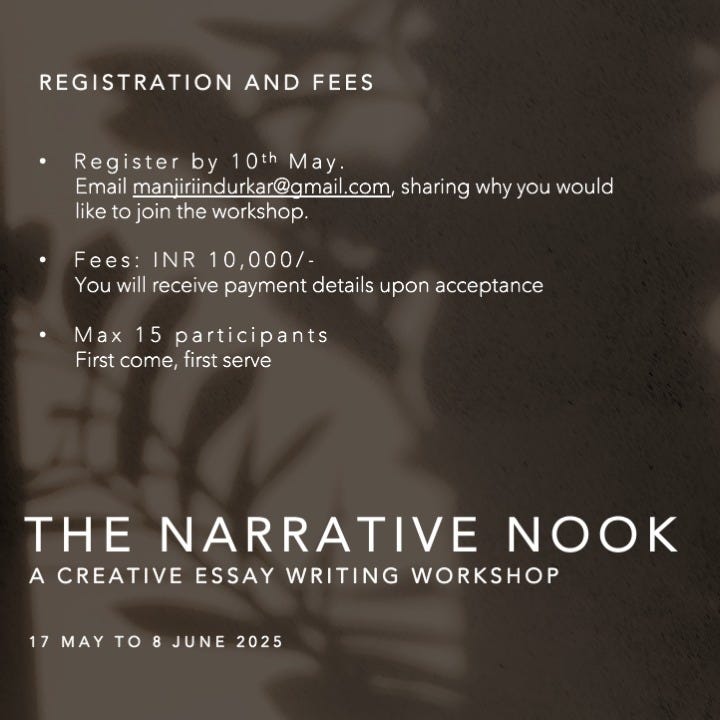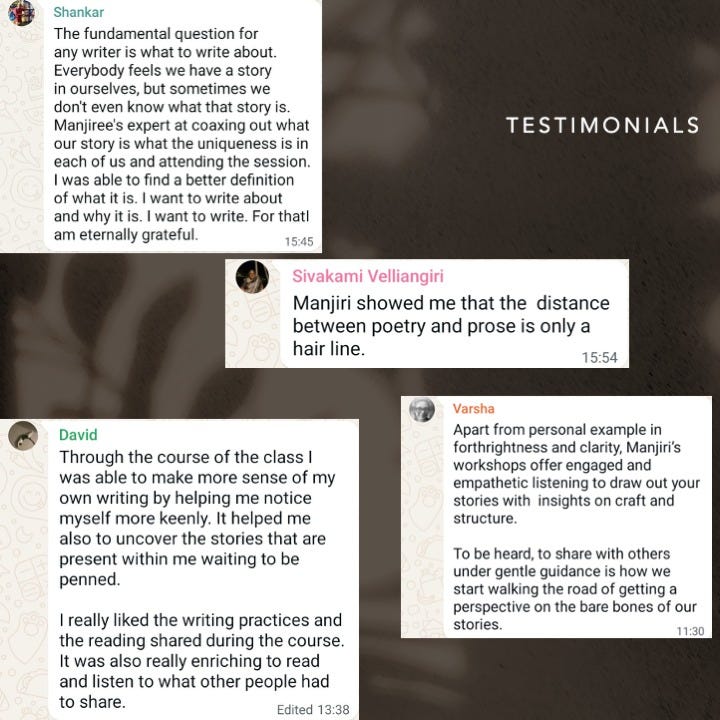It’s been close to a decade of writing personal essays. When I started that journey, the personal essay wasn’t as popular or as prevalent. It was slowly making its presence felt in the Indian English writing circle. When I wrote my memoir detailing my child sexual abuse experiences and my battle with depression and anxiety, there weren’t many Indians who had written about it. What I had to rely on was reading a lot of foreign writers to understand the format. I did that. I learnt that the writers I liked were the ones who were self-aware of their struggles, who worked on their craft, and who understood the power of a good story told well. It’s what Sylvia Plath wrote in her diary:
‘Let me live, love, and say it well in good sentences.’
If you don’t tell your story well, it will be forgotten. But there are aspects to crafting a compelling story. For me, the first is critical thinking. All good writers know how to critique a text well. However, the memoir format often poses a challenge. How does one criticise a story of abuse? It feels mean, doesn’t it? But it is a disservice to the art form if one isn’t able to look at it as art. Trauma cannot be a burden on your writing. This is why one thing we will do is read a few texts critically.
I would also like to debunk the myth, or the all-pervasive belief that only tragedies can make for compelling non-fiction narratives. If you want to write about an artist, a singer, or a poet who moved you. If you just want to write about a torrid love affair you had, or just about an encounter with a person, about your love for your cat, about your bird watching or about your inexplicable fascination with horror cinema, or something else, all this can be fodder for writing.
Often, trauma gets amplified and sometimes even commodified online – it can definitely make you wonder, "What's the point of adding another voice?" But it's not just what you say, it's how you say it that truly resonates. That's why, in this workshop, alongside really digging into what makes writing work through critical reading, we'll be getting our hands dirty with on-the-spot exercises. We'll be building piece by piece towards a complete essay, and once you submit it, you'll get detailed feedback from me.
I also get that the personal essay world can sometimes feel a little too close to therapy, and the urge to process through writing is completely understandable. This workshop will absolutely be a safe space – the 'personal' demands nothing less. But while that safety is foundational, it won't be the sole focus. We will have those tough conversations, the ones that push our thinking, but we'll approach them with empathy, care, and our sharpest critical lenses firmly in place.
Since my last post, a few people have expressed interest in the workshop. I thought I would share details of it in this post so you get a better idea of the scope and ambition of this workshop. Please apply if this resonates with you. While I can't promise you'll all emerge as the next Joan Didion, I can promise we'll have some fun critically picking apart her writing, and you will definitely create something you'll be proud to call your own.
Here are the details and some nice things people have said about my previous workshops.







